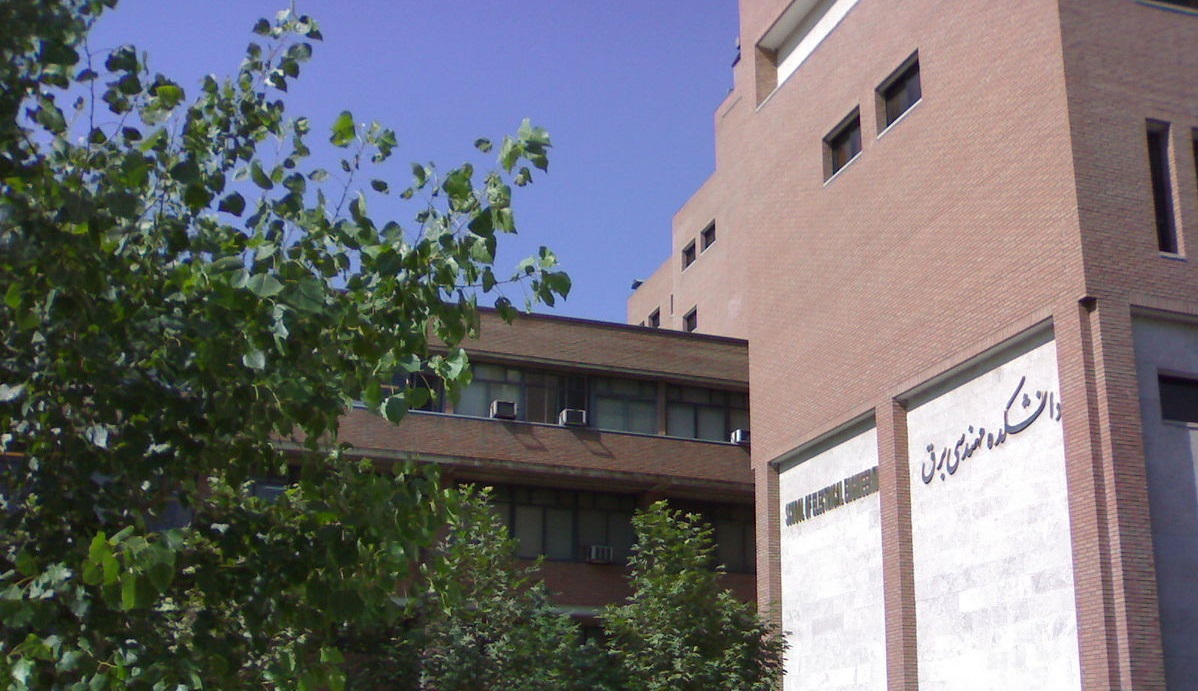
25774: Pulse Technique and Digital Circuits
Course Name: Pulse Technique and Digital Circuits
Course Number: 25774
Prerequisite(s): 25203 (Electronics Lab 2) and 25032 (Electronics 2) or 25744 (Electronics Principles and Lab)
Co-requisite(s): -
Units: 3
Level: Undergraduate
Last Revision: Spring 2019
Description:
Syllabus:
References:
Course Number: 25774
Prerequisite(s): 25203 (Electronics Lab 2) and 25032 (Electronics 2) or 25744 (Electronics Principles and Lab)
Co-requisite(s): -
Units: 3
Level: Undergraduate
Last Revision: Spring 2019
Description:
The purpose of this course is to acquaint electrical engineers with mixed and digital circuits, especially for digital, electronic and telecommunication branches.
Syllabus:
- Linear deformation of waves
- First-order circuits, second-order circuits, higher-order circuits, multi-valve circuits, time and frequency domain analyses
- Pulse and pulse properties in time and frequency domains
- First-order circuits in the pulsed regime
- Integrator and derivative circuits
- Low-pass and high-pass filters
- Quadratic circuits in the pulsed regime
- Quality factor
- Capacitor transformers and impedance conversion
- Circuits of higher degrees in the pulsed regime
- A look at the design of sinusoidal oscillators with variable frequency
- Modifying the behavior of circuits towards pulse circuits, compensating circuits
- Nonlinear deformation of waves, switched circuits, networks with diodes
- A look at linear and nonlinear multiplier circuits
- A look at the design of signal generators, square, triangular and sine output with variable frequency
- Nonlinear analysis through the non-transitive characteristic of circuits
- Schmidt-trigger behavior
- Circuits with positive feedback
- Positive feedback effects, number of operating points, stable and unstable operating points
- A look at the hybrid design of phase lockers
- Multivibrators, A-stable, Mono-stable and Bi-stable circuits
- Types of flip-flops
- Transient behavior of semiconductor elements
- Charge control, transient behavior and switching of diode, transient behavior and switching of bipolar transistor
- Transient behavior and switching of field effect transistor
- Compensation of transient behaviors of semiconductor elements
- Defining static and dynamic characteristics for digital circuits
- Introduction to the manufacturing processes of semiconductor elements and integrated circuits
- Basic structures of digital elements and gates
- Complete review of DRL, RTL, DTL, TTL, NMOS, CMOS and ECL technologies
- Design examples in power supplies and some hybrid circuits and ADL and DAL methods
References:
- R. Jacob Baker, CMOS: Mixed-Signal Circuit Design, John Wiley & Sons, 2008
Last Update: 2024-06-09
